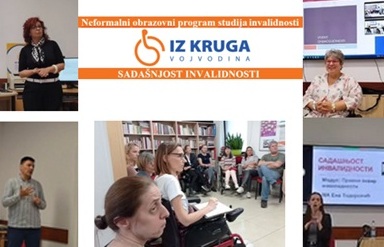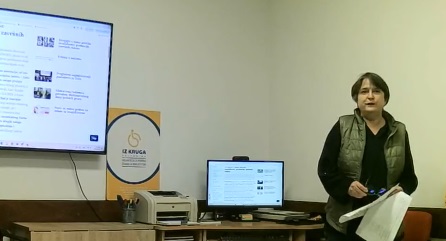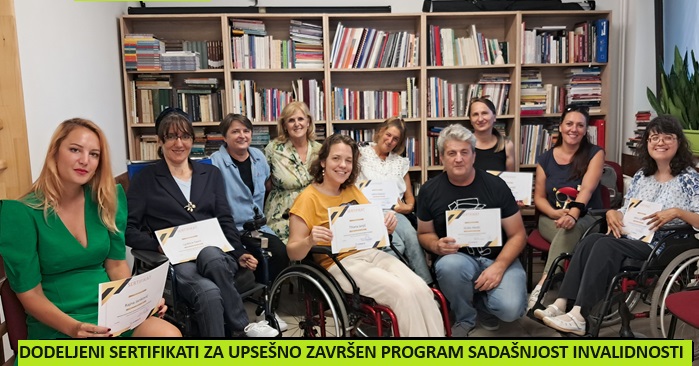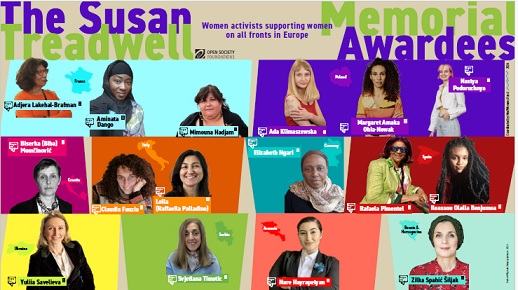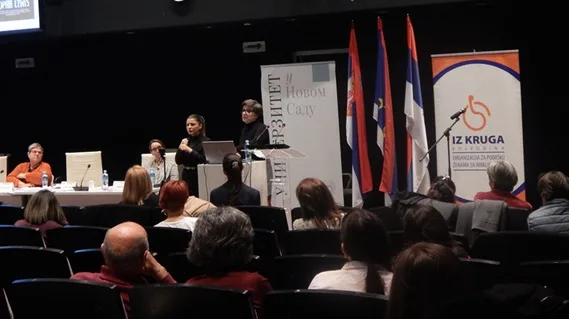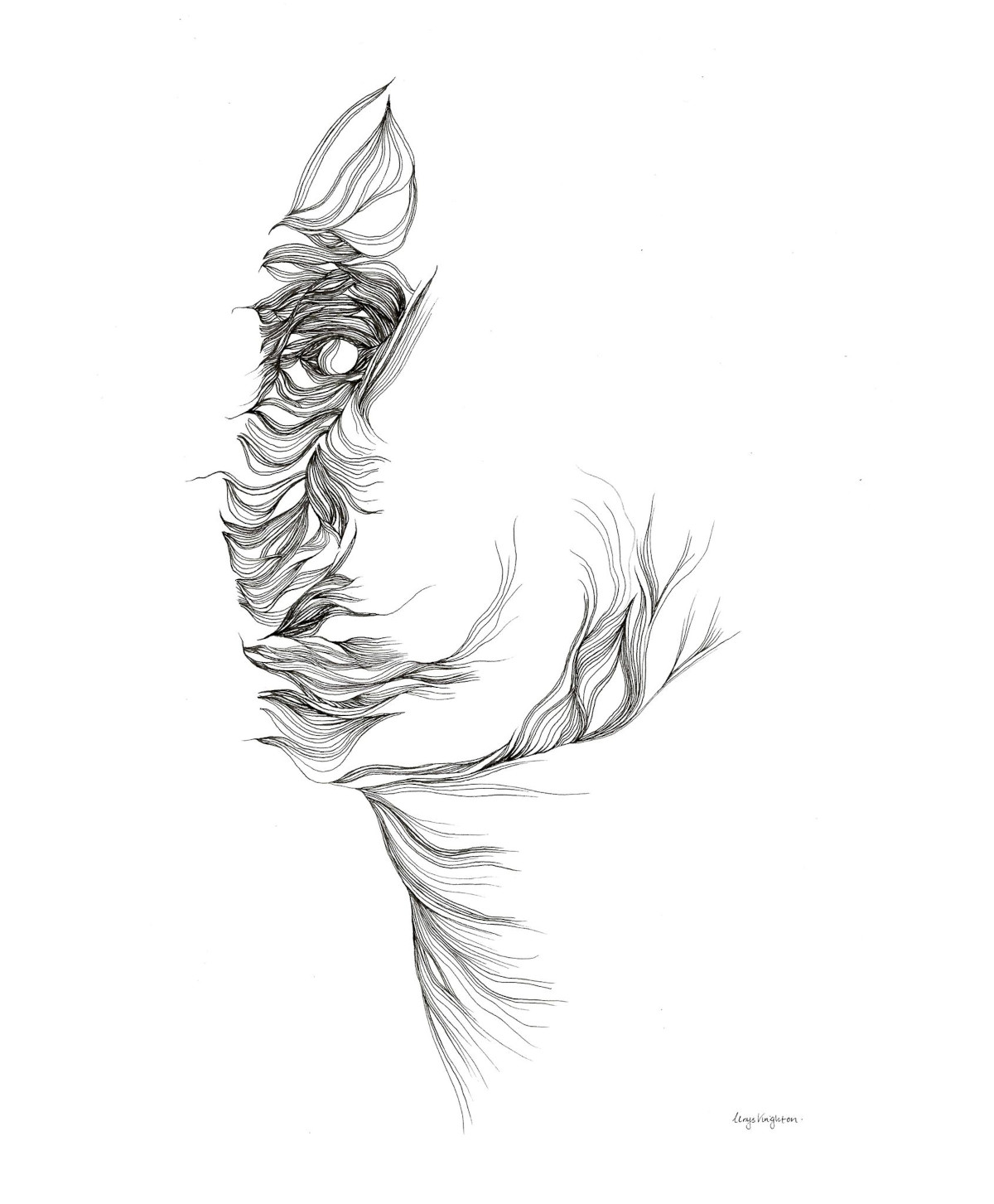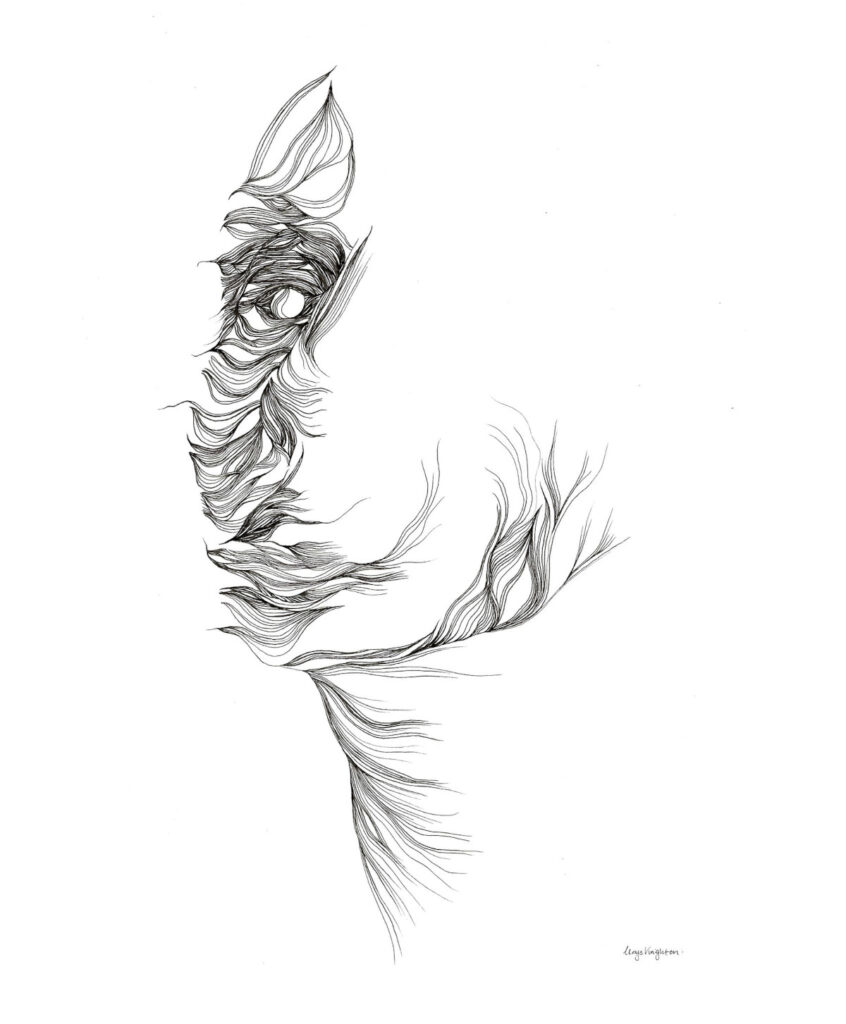
Inclusivity needs to be at the centre of International Women’s Day – inclusivity for all who identify as women, and visibility for the specific challenges faced by different women. Women with disabilities are twice as likely to experience domestic violence. From the perspective of living with bipolar disorder, representations of bipolarity continue to rely on damaging stereotypes of women as violent and dangerous, and yet studies repeatedly show that those living with bipolar disorder are more likely to be the victims of violence and abuse than perpetrators.
These conversations are even more vital in light of the COVID-19 pandemic. Rates of domestic violence have increased significantly during lockdown periods. Moreover, the pandemic has shown that it is possible, after lifetimes of excuses, to make adjustments and create accessibility for remote working – but there are fears that excuses will be returned to, and people with disabilities will be left excluded again. Many are already facing the effects of this – the BBC reported that 22% of disabled employees has their request to work from home, be furloughed or redeployed during the pandemic rejected. This has led to the impossible decision to retain employment or remain safe.1
Even more concerning is the significant number of deaths of people will disabilities from COVID-19. Data from ONS showed nearly six in every ten people who died from COVID-19 in England were disabled.2 The BBC report on ONS data suggested that working-age disabled women are eleven times more likely to die from coronavirus.3 Research has shown that death from coronavirus is six times more likely in those with learning disabilities.4 A study by NYU Grossman School of Medicine showed that schizophrenia was second only to old age as a risk factor for death from COVID-19.5 The Lancet has reported that those living with severe mental illnesses, including schizophrenia, bipolar disorder, and other mental illnesses that cause severe impairment in functioning, are more likely to be infected with coronavirus, and more likely to be hospitalised and to die from coronavirus, as a result of a number of different factors including ‘altered immune function’ and ‘increased risk of acute infection’ as a result of factors such as ‘chronic stress’, ‘sleep problems’, and ‘social exclusion’.6
Visibility is needed for the impact of coronavirus on disabled women, both in terms of the impact of the pandemic, and the challenges that will come with moving out of it. Campaigns have achieved the recent inclusion of a number of disabilities in priority groups for vaccines, including learning disabilities and severe mental illnesses, but we also need to push for inquiries into the number of deaths of those with disabilities, to push for accessibility, and to make sure the experiences of disabled women are heard.
Sources:
- ‘Covid: A fifth of disables people have work requests refused’, BBC News (23 November 2020)
- ‘Covid: Disabled people account for six in 10 deaths in England last year – ONS’, BBC News (11 February 2021)
- ‘Coronavirus: Why disabled people are calling for a Covid-19 inquiry’, BBC News (4 July 2020)
- ‘Covid: Learning disability death rates “six times higher”’, BBC News (13 November 2020)
- Katlyn Nemani MD, Chenxiang Li PhD, Mark Olfson MD, et al, ‘Association of Psychiatric Disorders with Mortality among Patients with COVID-19’, Jama Psychiatry (27 January 2021)
- Victor Mazereel MD, Prof Kristof Van Assche PhD, Johan Detraux MD, and Prof Marc De Hert MD, ‘COVID-19 vaccination for people with severe mental illness: why, what, and how?’, The Lancet (03 February 2021)
- Marc De Hert MD, Victor Mazereel MD, Johan Detraux MD, and Kristof Van Assche PhD, ‘Prioritising COVID-19 vaccination for people with severe mental illness’, World Psychiatry, 20.1 (01 November 2020), pp. 54-55
- QuanQiu Wang, Rong Xu, and Nora D. Volkow, ‘Increased risk of COVID-19 infection and mortality in people with mental disorders: analysis from electronic health records in the United States’, World Psychiatry, 20.1 (07 October 2020), pp. 124-130
1 ‘Coronavirus: Why disabled people are calling for a Covid-19 inquiry’, BBC News (4 July 2020)
2 ‘Covid: Disabled people account for six in 10 deaths in England last year – ONS’, BBC News (11 February 2021)
3 ‘Coronavirus: Why disabled people are calling for a Covid-19 inquiry’, BBC News (4 July 2020)
4 ‘Covid: Learning disability death rates “six times higher”’, BBC News (13 November 2020)
5 Katlyn Nemani MD, Chenxiang Li PhD, Mark Olfson MD, et al, ‘Association of Psychiatric Disorders with Mortality among Patients with COVID-19’, Jama Psychiatry (27 January 2021)
6 Victor Mazereel MD, Prof Kristof Van Assche PhD, Johan Detraux MD, and Prof Marc De Hert MD, ‘COVID-19 vaccination for people with severe mental illness: why, what, and how?’, The Lancet (03 February 2021)
Cerys Knighton is a Welsh artist and PhD student researching the history and representations of manic-depressive illness. Cerys creates artwork based on both this research and her own experiences of living with bipolar disorder since childhood.
